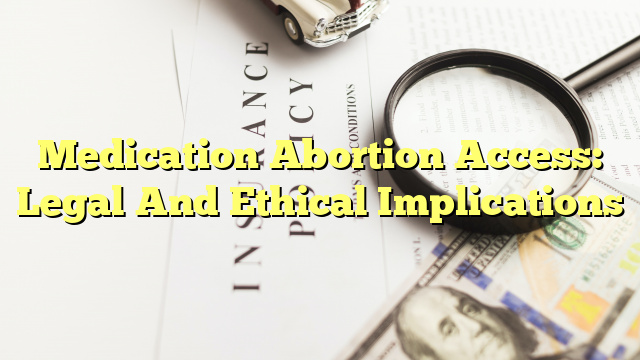Table of Contents
Ethical Issues in Reproductive Health
Reproductive health encompasses a wide range of ethical issues. One of the key considerations is the right to autonomy and bodily integrity. Individuals should have the freedom to make decisions about their own reproductive health, including the choice to use contraception or seek an abortion.
Other ethical issues include the right to access reproductive healthcare services, the potential impact on the well-being of the pregnant person, and the rights of the fetus. Balancing these considerations requires careful ethical analysis and decision-making.
The Ethical Dilemma of Contraception
Contraception presents an ethical dilemma because it involves preventing the potential creation of life. Some religious and moral beliefs argue that contraception is unnatural or goes against the purpose of sexual intercourse.
However, from an ethical perspective, contraception is widely accepted as a means of preventing unintended pregnancies, promoting responsible family planning, and protecting the health and well-being of individuals. The ethical dilemma arises from the clash of different values and beliefs.
AMA Code of Ethics and Abortion
The American Medical Association (AMA) Code of Ethics recognizes the importance of a physician’s duty to respect the autonomy and dignity of their patients. The code states that physicians should provide competent medical care with compassion and respect for human rights and the law.
Regarding abortion, the AMA Code of Ethics acknowledges that there are a diversity of views and beliefs among physicians. It affirms that physicians have the right to exercise their moral and religious beliefs, but they should also ensure that patients have access to appropriate medical care and information.
Examples of Reproductive Ethics
Reproductive ethics encompasses a wide range of issues beyond contraception and abortion. Some examples include:
- Assisted reproductive technologies, such as in vitro fertilization (IVF) and surrogacy
- Genetic testing and screening
- Reproductive rights and justice
- Access to reproductive healthcare for marginalized communities
These examples highlight the complex ethical considerations involved in reproductive health, including issues of justice, equity, and the rights of individuals.
Conclusion
Medication abortion access raises important legal and ethical implications. Understanding the ethical issues in reproductive health, including the dilemma of contraception, the guidance provided by the AMA Code of Ethics, and the examples of reproductive ethics, can help inform discussions and decision-making in this complex field.

